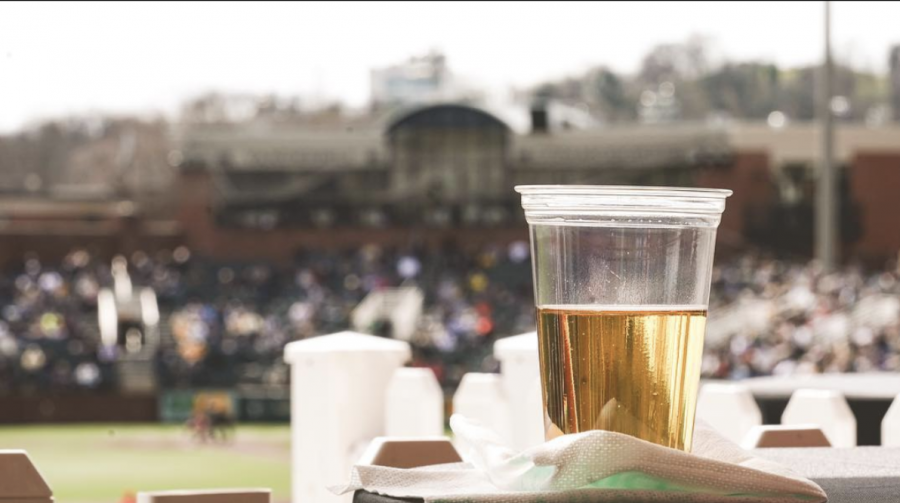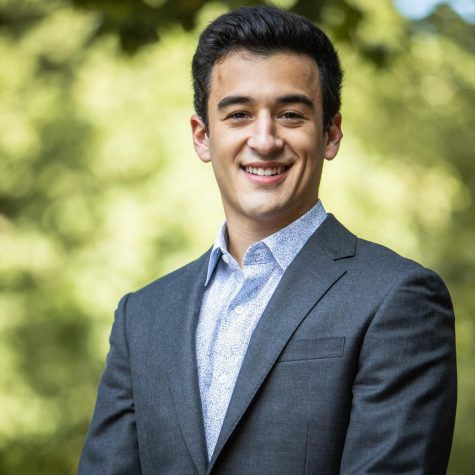The Southeastern Conference typically sets the standard when it comes to athletics. Its 14 member institutions include some of the largest, most successful programs in the country. In fact, ever since the conference’s conception in 1932, these 14 schools have claimed a total of over 200 national championships.
It’s safe to say that the SEC is not accustomed to being last.
When it comes to in-stadium alcohol sales, however, the conference was last.
An obsolete bylaw set the SEC apart as the only major conference to prevent athletic venues from selling alcohol in general seating areas. Instead, alcohol sales were restricted to the ever-so-rare “premium” seating areas, such as Vanderbilt Baseball’s novel Beer Tent.
On May 31st, 2019, that rule was finally revised.
At the Conference’s 2019 Spring Meetings, executives approved a new code pertaining to the sales of alcoholic beverages. According to the SEC’s website, beginning August 1st, 2019, the following rules will be implemented:
“Each institution is permitted to determine the permissibility of selling alcoholic beverages in athletics venues and shall establish a policy governing the sale and distribution of alcoholic beverages in its athletics facilities.
Institutions that offer alcohol sales in public areas must incorporate Conference-wide alcohol management expectations, which include:
– Alcoholic beverages are to be sold and dispensed only at designated stationary locations;
– Alcoholic beverages may not be sold by vendors within the seating areas;
– Identification check is required at every point of sale to prevent sales to minors;
– Alcoholic beverage sales are limited to beer and wine only (no hard liquor or mixed drinks may be sold in public seating areas);
– Limits must be established on the number of drinks purchased at one time by an individual;
– Alcohol must be dispensed into cups;
– Safe server training and additional training for staff to handle high risk situations is required; and
– Designated stop times for sale and/or distribution of alcohol must be enforced as follows: Football (end of 3rd quarter); Basketball (Men’s-Second half 12-minute TV timeout; Women’s-End of 3rd quarter); Baseball (end of the top of 7th inning); Softball (end of the top of the 5th inning); and Other Sports (At a designated time, no later than when 75% of the event’s regulation length competition is scheduled to be completed).”
UPDATE: Friday, May 31st (9:42 PM):
The Vanderbilt University Athletics department has released the following statement to The Vanderbilt Hustler:
“This is a significant development, and we are considering how Vanderbilt will approach this policy change. Our highest priority will be providing a safe and positive experience for everyone attending a home football game at Vanderbilt Stadium.
We’re always looking for ways to provide the best gameday experience possible for our loyal supporters, and that means regularly reviewing our amenities offerings. In anticipation of today’s decision, we have been studying this topic extensively and have met with peer institutions currently offering alcohol sales to understand best practices for implementing this change in a safe manner. The addition of a premium tented lounge area for fans to purchase beer and alcoholic seltzer this past baseball season also proved to be a successful pilot program and gave us valuable insights on how to handle alcohol sales.”
UPDATE: Saturday, June 8th (5:49 PM):
In an exclusive interview with The Vanderbilt Hustler, Athletic Director Malcolm Turner gave some insight on how Vanderbilt athletics plans to approach the change in policy.
The adapted alcohol regulations came as very little surprise to Turner; he suspected this change and as a result, he began preparing and researching methods of implementation. Despite such preparation, the University appears far from making a decision on the matter.
“It’s something that I had put forth with our team already,” said Turner. “We all thought we’d be heading in this direction. However, there’s still more work to be done. We are exploring our options for if and how we might implement this policy here at Vanderbilt. That’s a fairly broad task of team considerations and effort from athletics, to include everyone from public safety, to communications, to facilities and plant, to dean of students. There are plenty of peer universities and institutions that have already enacted policies that allow for alcohol distribution and sale, but nonetheless, we need to understand what is happening around us while also organizing and gathering the right resources around campus to develop into execution at Vanderbilt.”
Turner had prepared his team for the change in policy, but noted that there is still no strict deadline for when a decision will be made. He believes that “within a few weeks” there will be more clarity, but so long as Vanderbilt Baseball is in-season, it’s unlikely that they will make any progress.
One of their primary concerns pertains to fan safety, a topic that was noted in the University’s initial statement.
“I think any thoughtful plan has to protect fan safety and the fan experience. With the proper plan, policy and procedures, fan safety is absolutely protected and it should be. All the more reason that we’re involving different groups on-campus. We want to be sure that when we do move forward, we’re moving forward in a thoughtful way when it comes to fan safety.”
Turner gave little indication on what the policies might look like in the future, but at this point in time, fans should not expect widespread alcohol sales. Commodore faithful can remain cautiously optimistic, but with the launch–and apparent success–of Vanderbilt Baseball’s beer tent, it appears as if athletics will explore a similar premium-seating model at other stadiums.
“I certainly would like to explore [premium seating such as the beer tent]. We certainly will during our full season-ending debrief. I think it’s shown a lot of promise and potential already. I think it’s quite reasonable to expect that at minimum, as it relates to our plan moving forward, we will look at opportunities to expand and enhance that program–not only at Hawkins with baseball, but at other venues as well.”



